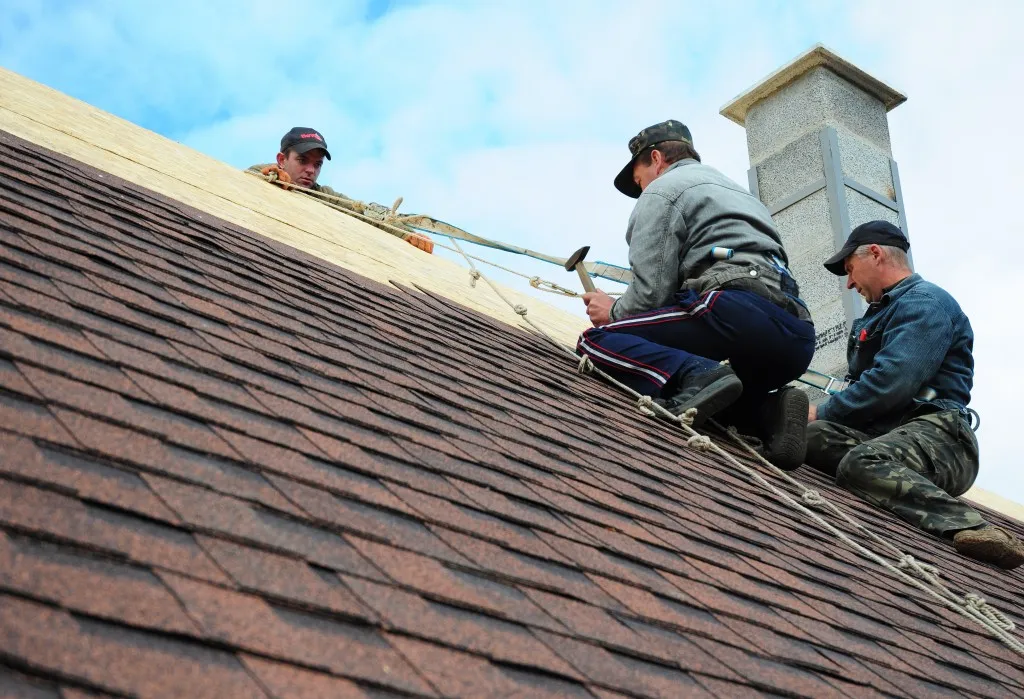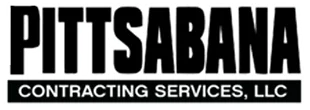Hailstorms are happening more often over most of North America. Large hail, in particular, may seriously harm our roofs and other structures. It is crucial now more than ever to choose impact-resistant shingles, commonly known as IR shingles. Class 4 impact resistance is the highest rating that asphalt shingles may obtain for impact resistance. In order to better shield your property against hail, you might want to select asphalt shingles with a Class 4 rating.
Considering that many insurance providers give discounts to homeowners who select Class 4 impact resistant shingles, it could also be advantageous from their standpoint. The materials these shingles are constructed of, the testing procedures used to determine their grade, and the advantages they may provide for your home will all be covered in this article.
What is Roofing Shingles Class 4
Impact-resistant shingles guarantee that a roof will remain sturdy and intact in the face of flying objects, hail, and winds of up to 110 mph.
Impact-resistant shingles receive a Class 4 UL 2218 grade. A national standard for rating the impact-resistance of roofing materials, the UL 2218, has been available since 1996. Materials are rated from Class 1 to 4 according to how well they withstand the impact of steel balls of varying sizes that simulate hailstones traveling at 90 mph. The Class 4 rating for the harshest roofing materials.
How Do Roofing Shingles Qualify for a Class 4 Rating?
After a series of devastating hailstorms ravaged the United States in the middle of the 1990s, the roofing industry created a test to gauge the impact resilience of its products. The Underwriters Laboratory 2218 (UL 2218), sometimes known as “the steel ball test,” is the name of this type of test. A shingle is given one of four ratings by UL based on the outcomes of this test, with Class 4 being the highest grade that may be given.
In this testing procedure, a steel ball is repeatedly dropped from a predetermined height onto a roofing shingle that has been placed. After that, the shingle is flipped over and checked for any splits or cracks that would let water to seep in.
A roofing shingle must be able to survive being repeatedly struck by a 2-inch steel ball from a height of 20 feet in order to achieve a Class 4 rating. For a better sense of scale, imagine doing the same test on a 4-inch concrete paver. The steel ball’s force would split the paver in half.
Although Class 4 is the highest grade for impact resistance, shingles can also earn lower ratings like Class 3 and Class 2. The distinction in the grades is that Class 3 shingles and Class 2 shingles both survive a smaller steel ball dropped from a lower height.
Benefits of Installing Class 4 Roofing Shingles
As a premium product, Class 4 roofing shingles are sometimes more expensive than common, non-impact resistant shingles. However, if you live in a region where hail and wind storms often occur, the higher upfront cost may be a fair investment owing to the several advantages of Class 4, impact-resistant tiles. Class 4, impact-resistant shingles may:
Eliminate the need for roof repairs or lessen their frequency. You may unwind a little more knowing that you’ve given your roof its best opportunity to withstand storms with shingles this durable. Less damage results in less unforeseen repair costs.
Lengthen the roof’s useful life. The first line of protection for your roof is its shingles. Season after season, a roof with unbroken, undamaged shingles is better protected.
Reduce your homeowner’s insurance costs and premiums. For homeowners whose roofs are coated in Class 4-rated shingles, several businesses provide discounts. To find out more, get in touch with your insurance company.
Look to your trusted builder for advice, support and a quote to professionally and responsibly solve your problem. If you’re in the market for new roofing in Mount Lebanon PA, turn to Pittsabana Contracting Services LLC. This local roofing company employs team members who are certified by CertainTeed and committed to delivering premium service on every job, from repairing storm-damaged commercial buildings to fully replacing residential roofs. Call (412) 580-6567 to speak with a friendly staff member to schedule service or visit the website to learn more about how they’ll help you.



